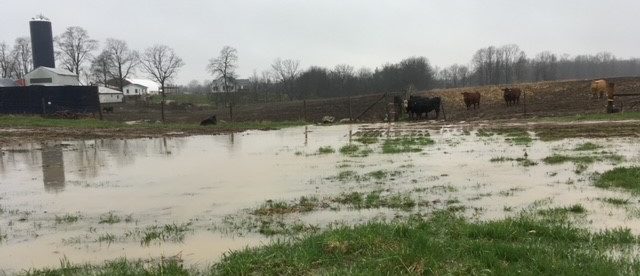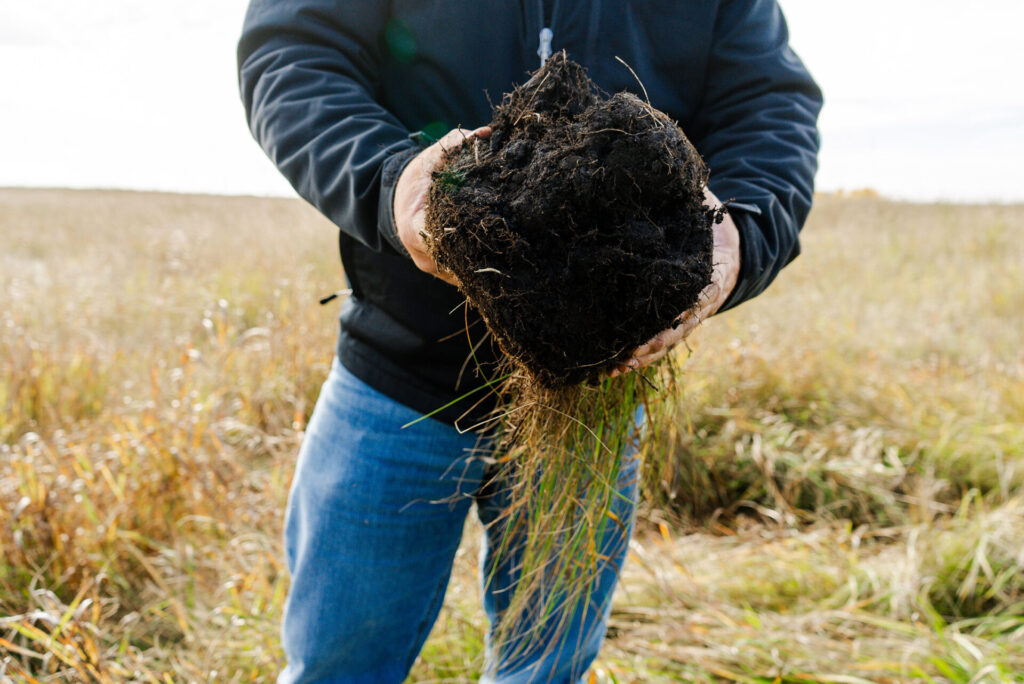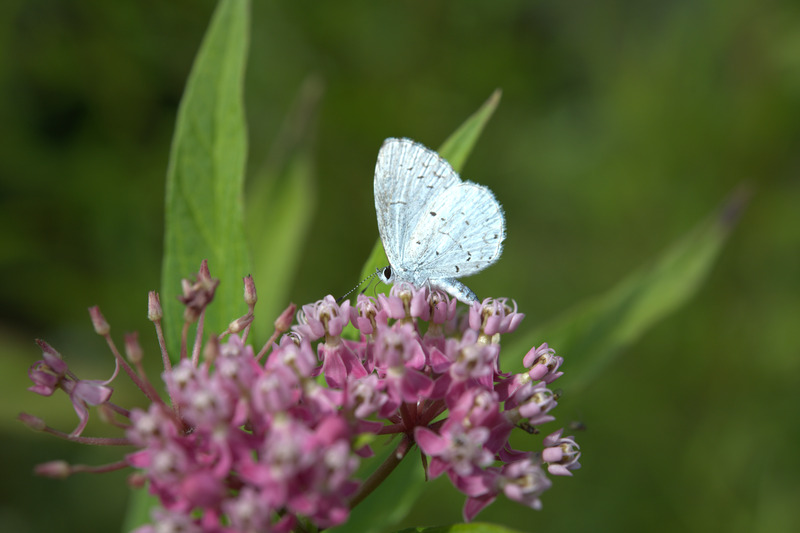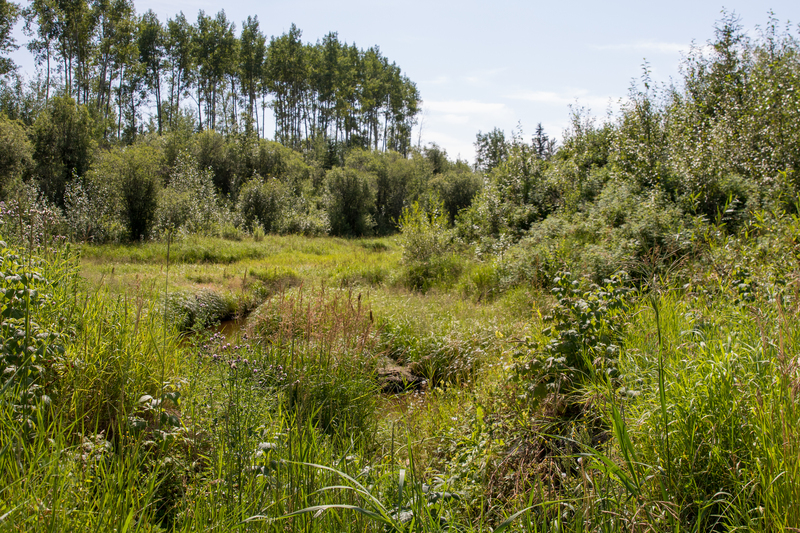The climate is changing in ways our communities haven’t experienced before and creating unprecedented environmental challenges. Agriculture offers sustainable solutions.

Photo: Christopher Crump
The Climate Has Always Changed
Throughout the history of Earth, the climate has changed many times: ice ages brought gigantic glaciers that stretched higher into the sky than mountains, then periods of warming when the glaciers gave way to ancient lakes that covered swaths of North America. And things changed again after that, leaving us only the memory of these past ages: The Great Lakes, the Cambrian Shield, valleys and hills.
But the climate change that we are currently experiencing is of a completely different order, because this time it is due to human activities and the significant amount of greenhouse gases that they generate. And this climate change is accelerating and causing heat waves of unprecedented intensity, wildfires that displace entire communities and drought and flooding striking more frequently and with greater impact. The question is: how do we manage these changes to keep our families, economies and societies healthy, safe and ready for the future?
Communities on the Frontlines of Change
ALUS works to help farmers and ranchers meet climate changed induced challenges and lessen the impacts of catastrophic events, both on the farm and within the greater community. When drought strikes, it can cause crop failure. One of the best ways to help mitigate drought is to keep water on the land, which ALUS helps farmers and ranchers achieve through restored or constructed wetlands, riparian buffers, seeding native tallgrass prairie and other nature-based projects.
Environmental features like wetlands can help prevent flooding on productive land, flooding that can wash away crucial topsoil that’s important for crops or grazing animals. Each ALUS project type helps support biodiversity, carbon sequestration, erosion control, flood mitigation, drought control and the production of cleaner air and water in its own way. And all of those outcomes are environment-based methods that communities can utilize to help manage the changes occurring due to climate.
We are facing a historic climate crisis. ALUS’ mission is to help farmers not only adapt to it but be part of the solution, producing nature-based solutions on farmland to lessen the impacts for the benefit of communities and future generations.
Interested in how ALUS could work in your community?
Visit our FAQ Page to learn more about the program and how farmers, ranchers, and community representatives build the ALUS program.


 July 25, 2024
July 25, 2024 
